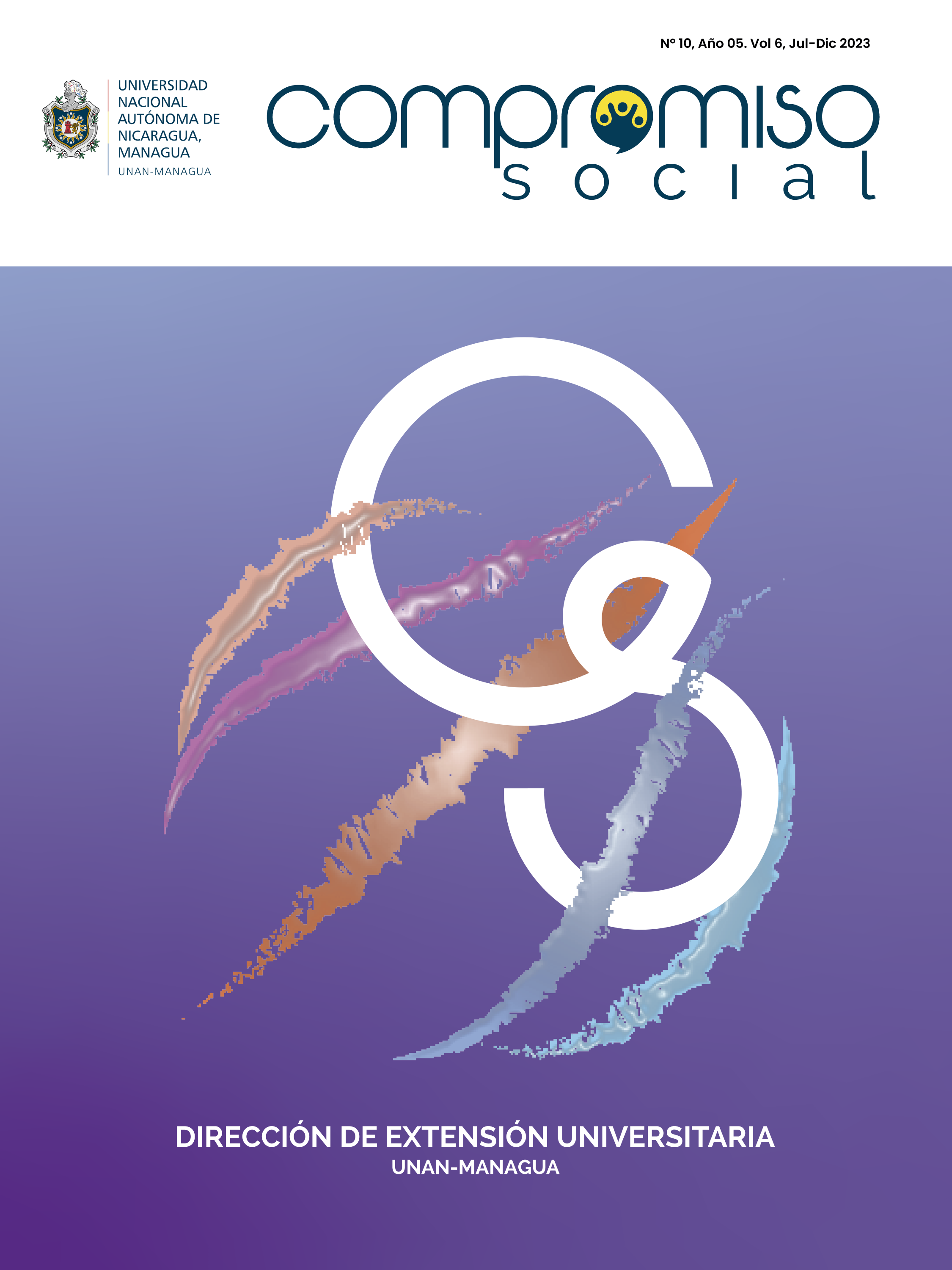Importance of the rural sector in Nicaragua in the implementation of government actions to contribute to sustainable and environmentally friendly development
DOI:
https://doi.org/10.5377/recoso.v8i10.18561Keywords:
Comprehensive growth, involvement, rural population, sustainable development, territoryAbstract
The involvement of rural sectors in government
policies and strategies is essential to achieve
comprehensive growth. In this aspect. Nicaragua is no exception, because since 2007, Nicaraguan families and communities established in rural areas have been direct protagonists of the significant changes that have been generated in the different socioeconomic areas. Nicaraguan rural society is large, approximately constituted by 44%, which means that it is of vital importance in contributing to economic-social gr0wth, as it generates a large percentage of the Gross Domestic Product (GDP) through different fields of production. This writing is about the importance of the rural population of our country, by virtue of the implementation of government policies aimed at sustainable development. Furthermore, it is framed within the concept of respect for the environment, that is, actions that are friendly to the ecosystems present. It is pertinent to note that the strategies implemented
by the Nicaraguan government in the last 15 years
are aimed at healing the conditions of environmental deterioration due to the implementation of production modes contrary to local realities. In this sense, these preventions will be realized thanks to the direct involvement of farmers dedicated to the production of various items, at the same time, this productivity contributes to family, community, and national
economic stability.
1123
References
Asamblea Nacional de Nicaragua. (12 de enero de 2023).
Estrategia Nacional Ambiental y de Cambio Climático. (6 de abril de 2010).
Índice, Revista de Educación de Nicaragua. (2021).
Instituto Nacional de Información de Desarrollo (INIDE). (2006). VIII Censo de Población y IV de Vivienda, 2005.
Ley No. 693, Ley de Soberanía y Seguridad Alimentaria y Nutricional. (18 de junio de 2009). Managua, Nicaragua.
Plan Nacional de Desarrollo Humano 2012-2016. (8 de noviembre de 2012).
Plan Nacional de Lucha Contra la Pobreza y para el Desarrollo Humano 2022-2026. (19 de julio de 2021).
Política Nacional de Desarrollo Sostenible del Sector Forestal de Nicaragua. (4 de noviembre de 2008). Asamblea Nacional.
Programa Nacional de Desarrollo Humano 2018-2021. (Diciembre de 2017). Pág. 105-110




